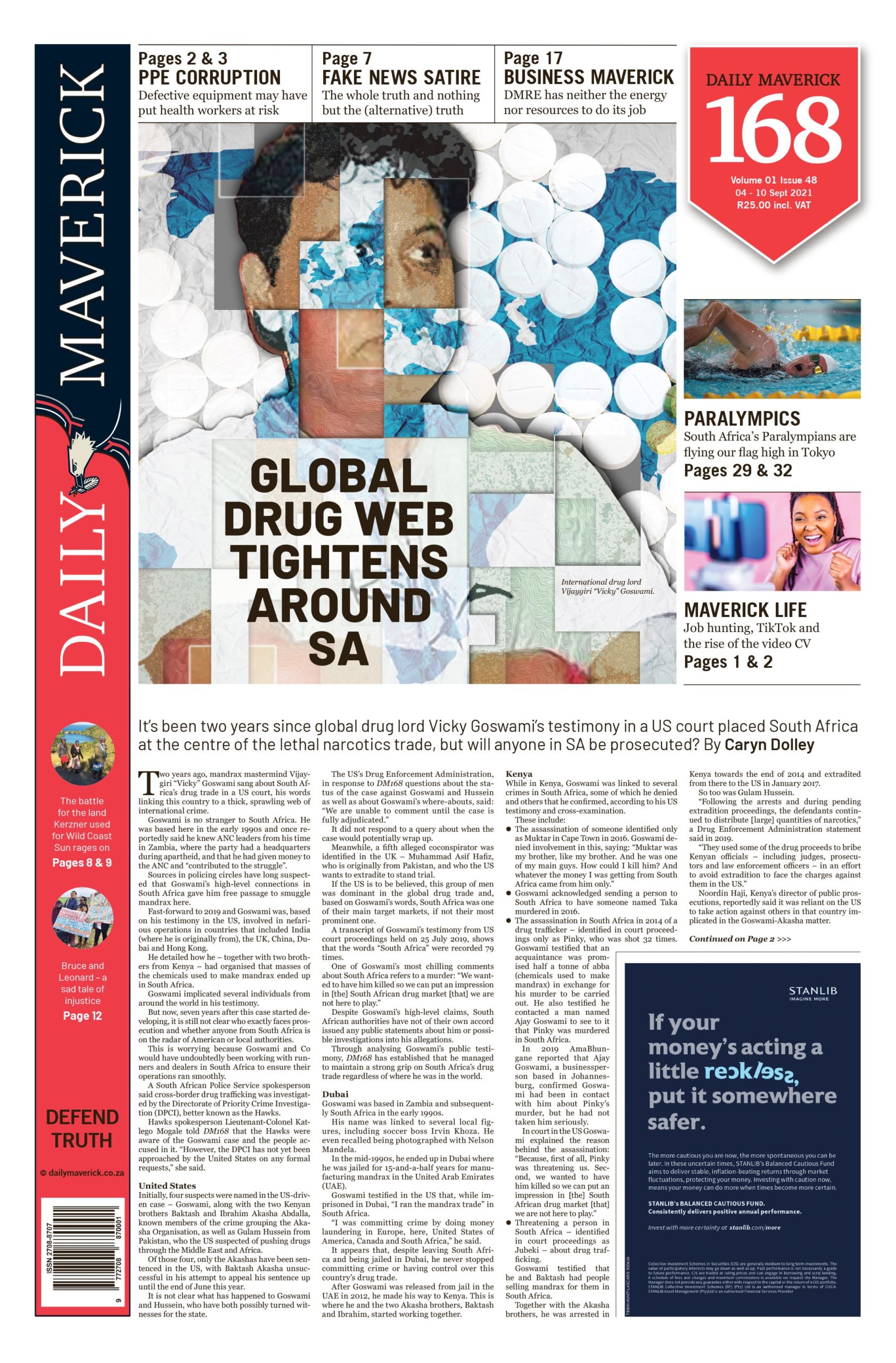First published in the Daily Maverick 168 weekly newspaper.
Among the countless physical harms it inflicted – from Marikana onwards a sickening daisy chain of state-sponsored violence against its own citizens emerges like a vile weed reaching for black sky – it also pressed and beat and punched the republic into a narrowing narrative loop. The daily threats to our survival as a nation foreclosed much of the space we could dedicate to thinking about and imagining the future?
Whatever public issue we speak about must reference the danger, the demon of corruption. In this equation then, whatever policy solutions that might exist must not dabble too much in the utopian stuff about income equality and prosperity for all that fuelled our first tentative transition into democracy.
Because look where that got us. And anyway, thinking too about our collective future has always been counter to our biological make up – a glitch in our brain, specifically in the medial prefrontal cortex, makes us treat our future selves like complete strangers, and even worse the future selves of others is almost entirely unfathomable. That part of our brain goes into sleep mode. Worse still, the software crashes entirely when that future looks potentially worse than the present or the past.
When we invoke the future, it is in the form of prophecies of doom. Wholly understandable when the present is as bleak as it is. It may even be irresponsible to spend too much time peering beyond the horizon while the house is on fire. The lessons of the past two decades or so have taught us not to trust anything or anyone, and to be ultrapragmatic when it comes to matters of public and economic policy. Money in the public purse has been subject to the kind of abuse that is not easily forgotten.
This is the volatile atmosphere into which the Department of Social Development (DSD) two weeks ago launched its proposal for a National Social Security Fund in the form of a green paper. Large swathes of the rainbow nation revolted against what it was suggesting – not the whole concept of a security fund that would support all of us because that hardly made the news – particularly the additional levy or tax, at around 12%.
Also, the idea of creating a super state entity to run it seemed the stuff of nightmares when already existing entities like the Road Accident Fund and Sassa had fallen prey to mismanagement and malfeasance. South Africa’s shrinking tax base is already burdened with doing the heavy lifting of supporting the fiscus, how could we possibly add more to the load, during a pandemic? The green paper was duly withdrawn by the DSD, with the slightly cryptic line that some of the technical aspects of what was being proposed “had been misunderstood”. I would venture that it wasn’t the granualities alone that were the issue.
The DSD ignored the gaping trust deficit that existed between government and society long before the pandemic struck and only widened during the pandemic by the brazen pilfering of funds meant to ease the economic hardship on the worst-off.
A green paper by its nature is the crudest stage of the policy-making process, and there are virtually light years between it and what will eventually become policy, which is defined and refined in what eventually is the white paper. A green paper is an exercise in blue-sky thinking – a necessarily slow accumulation of knowledge about something we agree is a problem and deserves our attention. Thinking about all the things that could go wrong and all the things that could go well. A legislative gesture you could call it, that we should begin to debate something seriously beyond a pros and cons list.
Ideally, it is a call to fight the automatic impulse of our medial prefrontal cortex and look into the future. A green paper is not a policy, far from it. But as things stand, daring to consider the future and what we might have to risk to attain it is a delicate business, the kind of soft-touch trust-building the DSD could have done a little bit more of.
The time given for public comment was unusually short, up to December. There was no media tour by the DSD minister. No appearance on community TV, or a mid-morning grilling on talk radio to bat for the policy. South Africa does not have as many TV debate shows as it should for a fledgling democracy. Xolani Gwala left us too soon, and Sunday current affairs viewing is poorer for it. It would have been the perfect stage for the punchy and probing navel-gazing that is part of the process of making a prosperous future real.
The withdrawal of the green paper then, in a way, does not represent a policy failure per se, but a failure to build trust, nurture debate and keep our eye on the future. DM168
This story first appeared in our weekly Daily Maverick 168 newspaper which is available for R25 at Pick n Pay, Exclusive Books and airport bookstores. For your nearest stockist, please click here.
















 Become an Insider
Become an Insider
Thank you, Mfuneko, for enlightening me about the evolution of ‘paper-colours’ and about this paper. And for doing it with such skill!